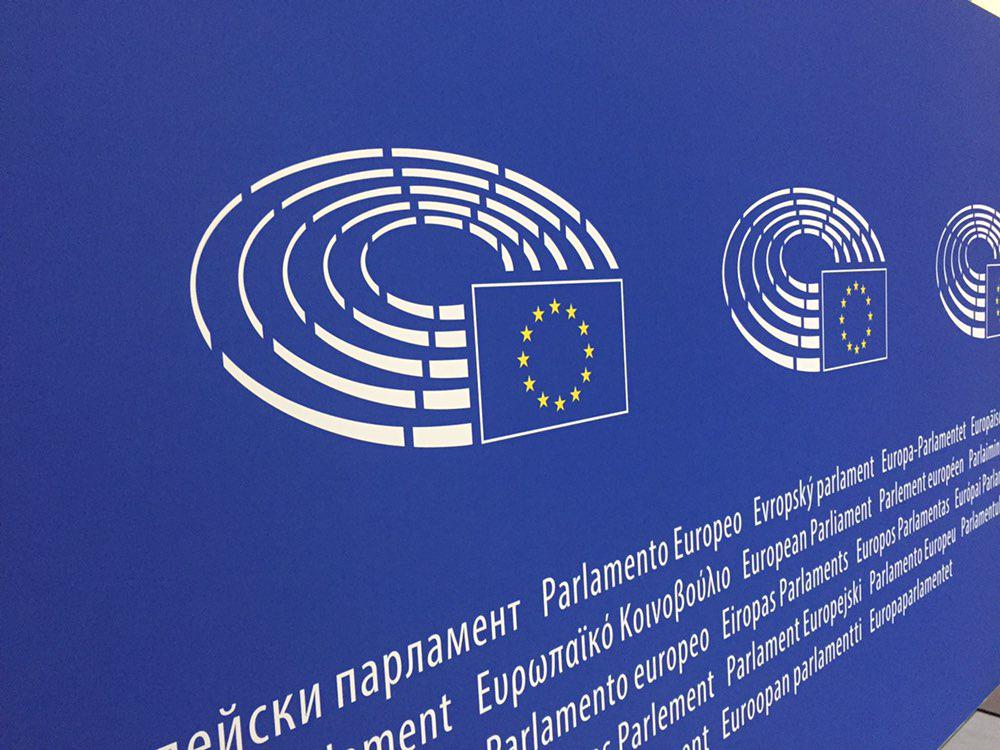Members of the European Parliament Jerzy Buzek and Adam Jarubas explain what provisions beneficial for Poland have been included in the Fit for 55 package, which was adopted by the EP on April 18. They concern climate policy and district heating.
The European Parliament. Picture by BiznesAlert.pl
The European People’s Party (EPP) has reported that today the European Parliament adopted the key directives and regulations from the Fit for 55 package. The documents adopted by the Parliament include the EU ETS reform and a new Carbon Border Adjustment Mechanism (CBAM). The MEPs also established the EU Social Climate Fund (EU SCF). “The package aims to help the European Union achieve a higher target of reducing greenhouse gas emissions – by at least 55 percent – by 2030 and climate neutrality by 2050, to which all EU countries have agreed, including Poland. The revised ETS directive has also taken steps to close loopholes in existing legislation,” the EP statement said.
“Thanks to our efforts, it was possible to improve the transparency of the functioning of the ETS, which was a key demand of the Polish energy and heating industry, among others. We are increasing the role of the European Securities and Markets Authority (ESMA) in monitoring the ETS market participants. This will make it possible to be more efficient at combating speculative activities that negatively affect the prices of emission allowances, and as a result – electricity and heating bills paid by consumers,” said Jerzy Buzek (EPP, Civic Platform), MEP and author of the so – called Lex Buzek-an amendment excluding speculators from the ETS market.
In order to achieve the new objectives, support measures for industry and member states have been increased, including the Innovation Fund and the Modernisation Fund, which has been almost doubled and whose main beneficiary is Poland. “More money in the modernization fund for Poland will make it easier for us to carry out the necessary energy transition in a socially fair way. The same applies to the 30 percent of additional free allowances for the operators of our heating plants, which there are almost 300. And most importantly: from now on, all the revenue from CO2 auctions, which goes to national budgets every year, is to be used for climate purposes. This means even more funds for renewable energy sources, modernization and development of the grid or thermal insulation of buildings,” said Jerzy Buzek.
The money will also be used to support the most vulnerable EU citizens so that they are able to adapt to the reduction targets. The Social Climate Fund will be used to this end.
“The Fund will finance such goals as thermal modernization of buildings, installation of PV panels or heat pumps, so that the most needy reduce energy and heating bills at a time when the prices of energy carriers are going up. It is necessary to think today about adapting national programmes such as Clean Air and my electricity to the SCF conditions,” said Adam Jarubas (EPP, Polish People’s Party).
The adopted legislative package also introduces the Carbon Border Adjustment Mechanism (CBAM), which is a fee for CO2 emissions paid by importers of steel, aluminum, cement, fertilizers or electricity. This is to protect European companies from the phenomenon of “carbon flight’, that is, companies relocating their production outside the EU CO2 emission standards and taking jobs with them. However, the introduction of this safeguard mechanism will entail the gradual withdrawal of free allowances under the ETS, which may negatively affect the competitiveness of European companies in non-European markets.
“We have sealed the system and put in place mechanisms that make it impossible to evade it. But we need to monitor the situation closely, especially in light of the huge public aid for low – carbon investments that the United States is introducing, ” said Adam Jarubas, who oversees the work on the regulation on behalf of the EPP Group.
Wojciech Jakóbik

 PL
PL EN
EN





